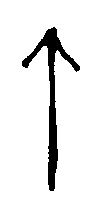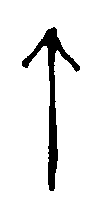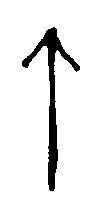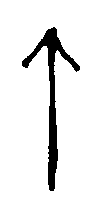The Psychology Book (49 page)
Read The Psychology Book Online
Authors: Unknown

Douglas Gillette and Robert
egos; a man who showers his son
the sons are forced to go without
L. Moore publish five books
with praise would somehow be
that affection. ■
exploring Jungian archetypes
and the male psyche.
See also:
Sigmund Freud 92–99 ■ Carl Jung 102–07 ■ Jacques Lacan 122–23

COGNITIV
PSYCHOL
THE CALCULATING
BRAIN

E
OGY









158 INTRODUCTION
Jerome Bruner
and Cecile
Alan Turing
publishes
Goodman publish
Value
Computing Machinery
Hermann Ebbinghaus’s
and Need as Organizing
and Intelligence
, in which
Leon Festinger’s
A
“nonsense syllables”
Factors in Perception,
he describes the human
Theory of Cognitive
experiments show a
arguing that
motivated
brain as an
“organized
Dissonance
suggests
method for studying
reasoning affects
machine”
that learns
there is a human drive for
cognitive processes
.
perception
.
through experience.
consistency of beliefs
.
1885
1947
1950
1957
1932
1949
1956
1958
Frederic Bartlett studies
Donald Hebb explains
George Armitage
Donald Broadbent
reconstructive
learning in terms of
Miller
argues that the
publishes
Perception and
memory
in
The War of
connections between
human brain can only
Communication
,
the Ghosts
.
stimuli and neurons
.
hold
seven chunks
introducing the
of information
information-processing
at once.
model
of cognition.
T
he first half of the 20th psychology—a German school of to work from. At the same time, century was dominated by
thought that concentrated on
advances in neuroscience led to a
two strands of thinking in
perception and perceptual
greater understanding of the
psychology: behaviorism (which
organization—and was also a
functions of the brain and nervous
concentrated on learning theory)
precursor of cognitive psychology.
system. This allowed psychologists,
and psychoanalysis (which focused
notably Donald Hebb, to examine
on the unconscious and development
The cognitive revolution
mental processes directly, rather
in early childhood). The mental
What eventually swung the balance
than merely inferring them from
processes that had preoccupied
from interest in behavior to the
observations of behavior.
psychologists in the previous
study of mental processes came from
One of the first to apply the